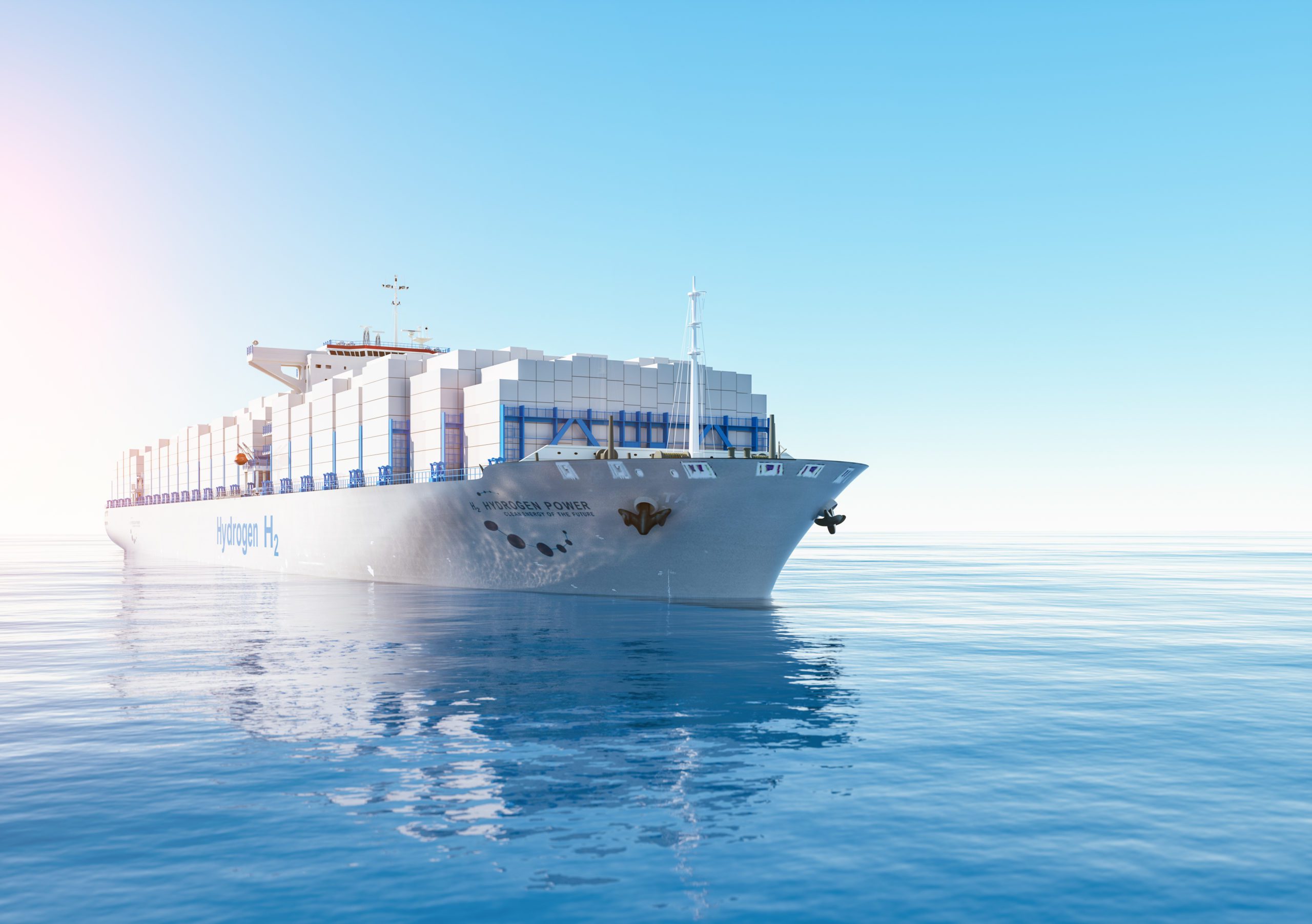Bureau Veritas (BV), a world leader in testing, inspection, and certification, has released a new rule note (NR 547) on fuel cell power systems on board ships. The rule note covers safety requirements for ships using any type of fuel cell technology, providing rules for the arrangement and installation of fuel cell power systems and the delivery of electrical energy.
Over the last few years, fuel cells have proved to have strong potential to help decarbonize the maritime industry. The technology, which is based on an electrochemical reaction like that in batteries, can run continuously without recharging as long as energy is provided. Fuel cells can bring significant environmental benefits, eliminating NOx, SOx and particle emissions while reducing CO2 emissions compared with diesel engines. However, this technology comes with a number of challenges that must be addressed to ensure safety.
Bureau Veritas’ NR 547 outlines requirements on the design, construction and installation of fuel cells systems to ensure that the safety of the ship is maintained. The aim is to identify and mitigate risks to persons on board, the environment and the structural integrity of vessels. Fuel cell systems and ship design must limit the risk of explosions, the spread of toxic chemicals and fire outbreaks.
Among the requirements outlined by NR 547, maritime stakeholders developing and using fuel cells must carefully assess the risks associated with their design, from construction to installation and operation. Shipyards and equipment manufacturers have to meet specific safety requirements to earn certification for fuel cell systems. Once fuel cells are integrated onboard, ship operators must safeguard crew and ensure proper handling of fuel cell equipment. An extensive range of risk assessments are required for the fuel cell additional service feature to be granted. These assessments include a Hazard Identification (HAZID) study of fuel cell spaces, a Hazard and Operability analysis (HAZOP) study of the fuel cell power system, and a Failure Mode and Effect Critical Analysis (FMECA) of the fuel cell power installation (if used for essential services).
In addition to covering fuel cells using hydrogen, the new note rule addresses fuel cells technologies that are adapted to multiple alternative fuel types, each with their own risk profile. NR 547 is used in conjunction with several other rule notes to address other alternative fuels, including ammonia, methane, LPG, methanol and ethanol. For practical purposes, NR547 is therefore to be combined with other Bureau Veritas rule notes, including NR 670 for methanol and ethanol, NR 529 for methane, NI647 for LPG, and NR 671 for ammonia.
Laurent Leblanc, Senior Vice President Technical & Operations at Bureau Veritas Marine & Offshore, commented: ‘Our new rule responds to the latest advances in fuel cell technology, and incorporates information from the most recent industry-wide collaborations. For ship owners and operators taking the fuel cell route to sustainability, NR 547 lays the groundwork for operating safe, sustainable, and high-performance vessels.’
To find out more:
- About Bureau Veritas Marine & Offshore, please visit our website.
- Read our business insight on fuel cell classification here.

 Join The Club
Join The Club











